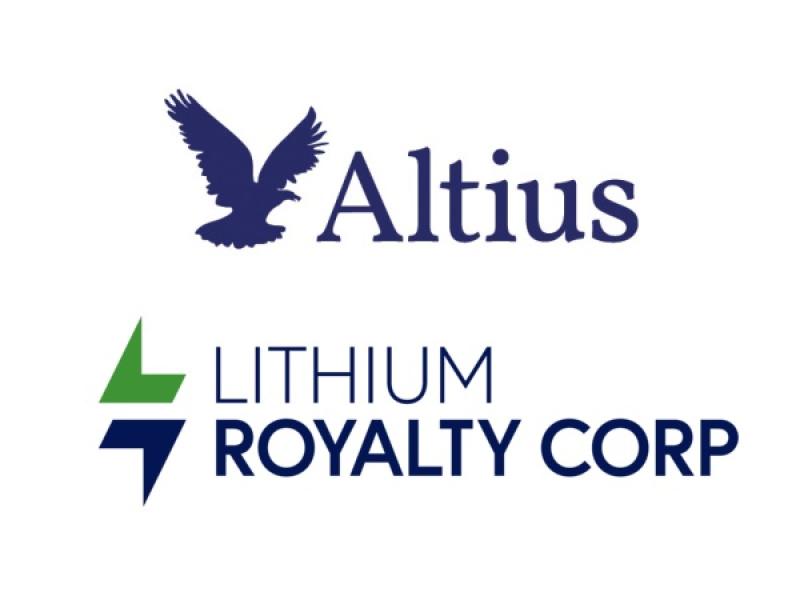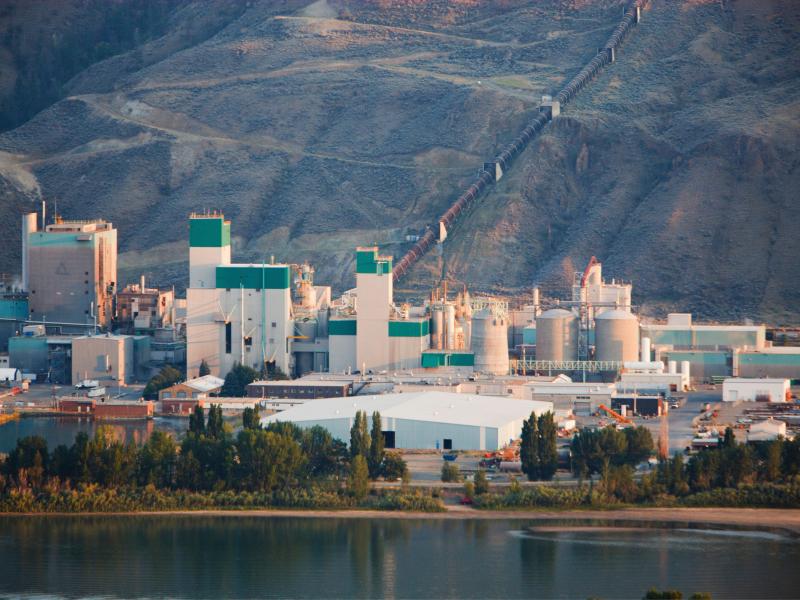Recent Articles
‘Tomorrow is too late’ for carbon capture initiatives
‘Tomorrow is too late’ for carbon capture initiatives
When it comes to carbon capture, utilization and storage (CCUS) adoption, urgency is required to help Canada meet its 2030 and 2050 net-zero goals, meaning “tomorrow is too late.”
$3.6B in EV upgrades for Stellantis’ auto plants
Stellantis has announced $3.6-billion in investments at auto facilities in Windsor and Brampton to facilitate the production of electric vehicles (EVs).
Corp. GHG emissions moving past best-guess territory
• GreenBiz
RMI’s Horizon Zero project aims to enable companies to take greater strides toward their net-zero goals by providing clarity on where emissions are happening throughout their supply chains and specific guidance for their supply chain partners to decarbonize manufacturing processes.
BMO, EDC partner to provide sustainable financing
BMO and Export Development Canada (EDC) has announced plans to provide more than $1 billion in guaranteed financing over the next three years to support sustainable initiatives, including hydrogen, renewable infrastructure and grid modernization, across nine carbon-intensive sectors.
Enbridge shareholder vote sends signal to investors
Canadian oil and gas companies must become Canadian energy companies with low- or zero-carbon business lines if they are to successfully adapt to a net-zero world. On May 4, Enbridge shareholders will have an opportunity to send that message.
 |
The ESG Report: Aecon targeting net-zero construction practices |
Business reporter
GBTA, aviation council partner to push sustainable fuels
Sustainability is becoming huge for the business travel industry, as revealed in new research from the Global Business Travel Association (GBTA). Almost nine in 10 industry respondents say sustainability is already a priority for their company.
The carbon footprint of an electric vehicle’s battery
PODCAST: People have long talked about electric vehicles as being a crucial element in getting emissions down to net-zero; but, as the Globe’s mining reporter Niall McGee points out, an EV’s carbon footprint is more than just a pinky toe.
Wet’suwet’en, Hollywood targets pipeline divestment
Divest from the Coastal GasLink pipeline or Hollywood will divest from you was the message for the Royal Bank of Canada, delivered last week by Office of the Wet’suwet’en spokesperson Sleydo’ Molly Wickham and climate activist and actor Mark Ruffalo.
Plastic waste pilot engaged with cannabis firms
A pilot project that helped a small Alberta town collect 125 kilograms of plastic and generated data is now receiving attention from Canada’s largest cannabis companies using the idea to reduce plastic waste when it comes to its pot containers.
Plastic pollution accelerating climate change in Arctic
• Globe and Mail • Nature
As Canada’s Arctic continues to accumulate plastic, and climate change takes its toll on northern environments and communities, experts have evidence to suggest each threat is exacerbating the other, according to a recent paper published in Nature this month.
Clorox signs PPA for U.S., Canadian operations
Clorox has announced it has signed a 12-year, 47-megawatt PPA with Enel Green Power. To be used for its U.S. and Canadian operations, the renewable electricity generated will help reduce nearly 160,000 metric tonnes of CO2 emissions each year.
Could electrified transport alter influences on oil?
• CBC
Oil has long been a lever for political change. However, the emergence of electric power as a transportation fuel that can be produced anywhere could remove the geopolitical leverage that a lot of oil producers enjoy.
U.S. state lands open for carbon crediting
• GreenBiz
With the U.S. government creating a leasing structure for carbon projects on public-owned lands, experts are wondering if unlocking the vast amount of state lands for carbon projects could be a huge win for the climate in other countries.
California runs on 100% clean energy for the first time
For the first time ever, California, the world’s fifth-largest economy, was powered by 100 per cent clean energy on Saturday, April 30. That milestone was driven largely by solar power.
Microgrids bringing energy to low-income areas in U.S.
Highland Park, near Detroit, Mich., ranks in the bottom percentile for low-income status in the U.S. With two-thirds of residents living without streetlights, microgrids are now playing a small part in a clean, local energy initiative in rural Michigan.
Western towns building permanent evacuation centres
Two towns in Western Canada, both nestled in the heart of wildfire country, have begun the work of erecting permanent evacuation centres. In Spences Bridge, B.C., and High Level, Alta., summer fire season is becoming more erratic than ever before.
Indigenous-led stewardship needed to tackle wildfires
• CTV News
With a new wildfire season starting in the province, a recent study from the University of British Columbia (UBC) is recommending the removal of barriers so Indigenous burning practices can be used to help control blazes.
The temperature is rising on heat as an ESG issue
• GreenBiz
Excessive heat attributed to a changing climate has gone from the hypothetical to the horrifying as temperatures spike worldwide. The impacts on health, crops, power grids, water supplies and other critical elements of human existence are growing, too.
Heat waves scorching India’s wheat supplies
A blistering heat wave has scorched wheat fields in India, reducing yields in the second-biggest grower. That’s spurring estimates that yields have slumped 10 per cent to 50 per cent this season, according to local government officials surveyed by Bloomberg.
 Industry Events
Industry Events
-
ECO IMPACT 2026
Feb 19 2026
to Feb 20 2026
The Westin Calgary
-
BuildGreen Atlantic
Apr 27 2026
to Apr 28 2026
Halifax, NS
-
The Evergreen Conference
May 06 2026
to May 07 2026
Toronto, ON
-
Building Lasting Change
Jun 17 2026
to Jun 19 2026
Montréal, QC
-
Retrofit Canada Conference
Jun 24 2026
to Jun 25 2026
Halifax Convention Center











